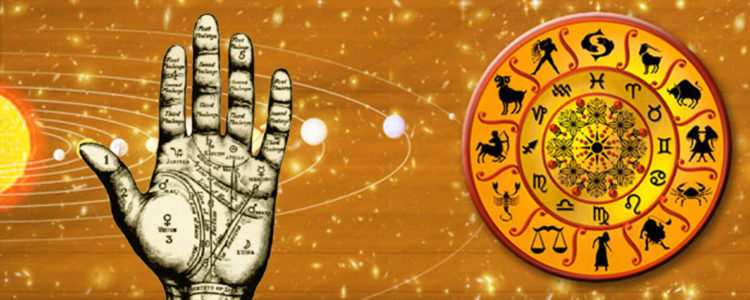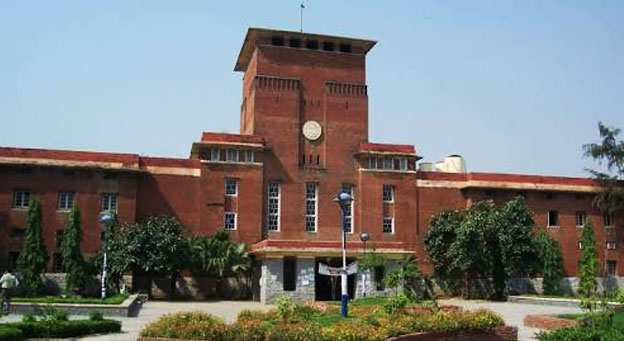Since administration of justice is the exclusive function of the modern state, the judiciary today occupies the pride of place among the organs of the government. it is the watchdog of the rights and liberties of the citizen. An adequate political theory must, therefore, take into account the Constitution and functions, and other important problems connected with the judicial organ.
The judiciary and the courts in any society are in a continuous process of change and transition. At one time the courts were viewed as an institution for dispute resolution entrusted with the task of “declaring” the law. Today, it is widely acknowledged that the judiciary performs the function of lawmaking; and that it is a branch of the government, playing a constitutional role of no less significance than other political branches of the government. The role of the courts in society has changed in a number of respects. It is clear that challenges facing the judiciary have become more demanding, judicial duties have become more burdensome and the judicial role in society has expanded.
As democracy necessarily implies popular control of the institutions of government, complete independence of the judiciary may seem to he apparently impossible and undesirable. Still, however, the very nature of the judicial function entails independence of the judiciary. Justice which is the soul of the state must, be administered without fear or favor. Integrity, impartiality and wisdom are some of the high qualities which should criticize the judicial mind. Obviously, therefore, the vital need is to properly organize the Judiciary.




























